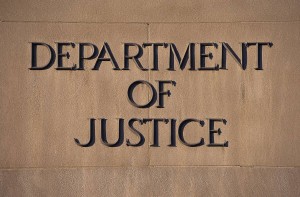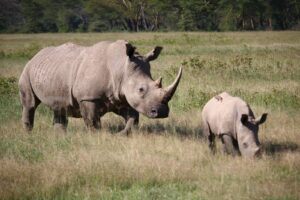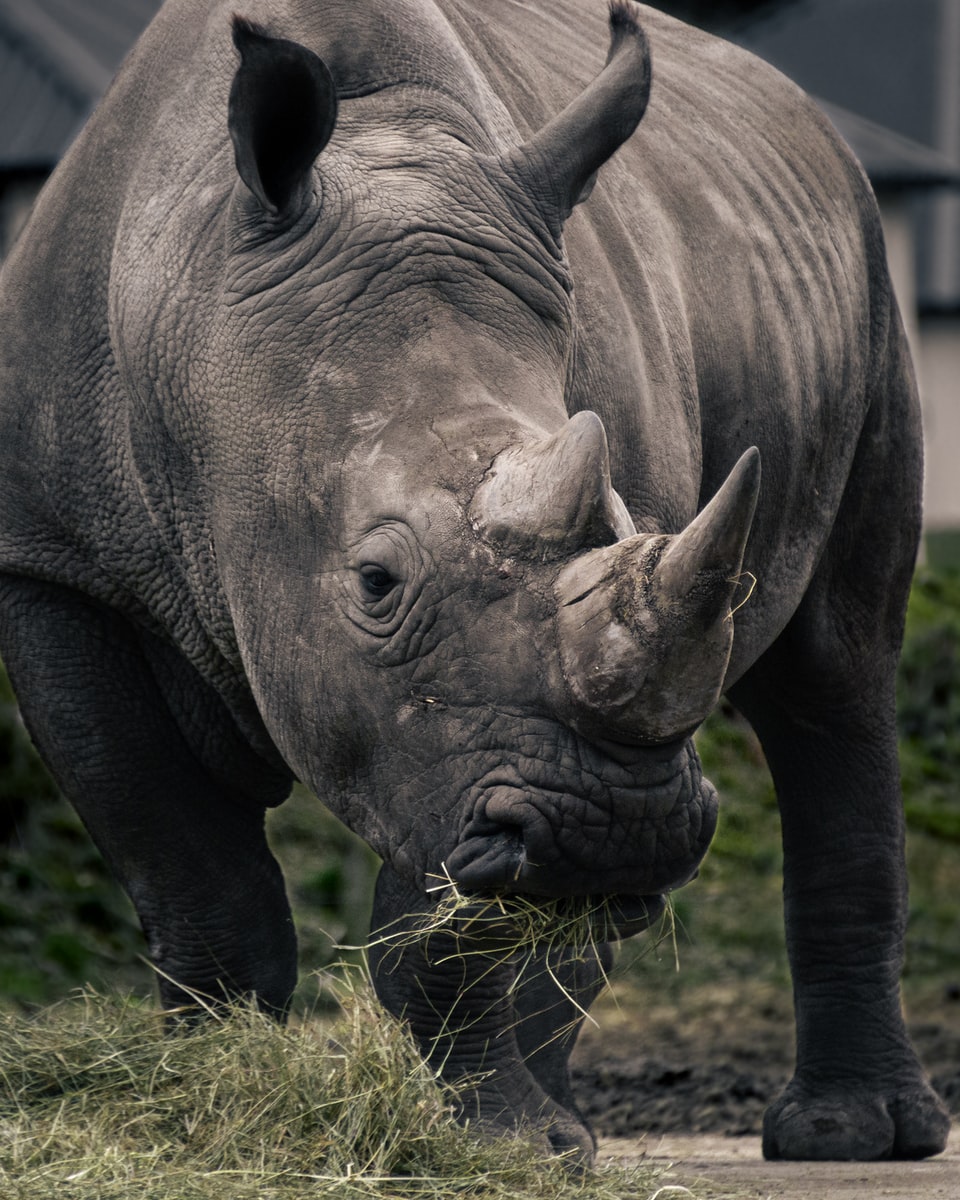 Herdade Lokua, 34, and Jospin Mujangi, 32, of Kinshasa, Democratic Republic of Congo (DRC), plead guilty Tuesday in federal court in Seattle to conspiracy and Lacey Act charges, according to officials.
Herdade Lokua, 34, and Jospin Mujangi, 32, of Kinshasa, Democratic Republic of Congo (DRC), plead guilty Tuesday in federal court in Seattle to conspiracy and Lacey Act charges, according to officials.
They were indicted on Nov. 3, 2021, on 11 counts relating to trafficking wildlife from DRC to Seattle.
The court scheduled the sentencing hearing for Nov. 1.
In pleading guilty, both defendants admitted that beginning in November 2019, they agreed to smuggle elephant ivory, white rhinoceros horn, and pangolin scales to the United States.
They worked with a middleman to negotiate the sales and coordinate imports to Seattle.
 Between August and September 2020, Lokua and Mujangi shipped three packages containing approximately 49 pounds of ivory from Kinshasa. They arranged for the ivory to be cut into smaller pieces and painted black; the packages were then falsely labeled as containing wood.
Between August and September 2020, Lokua and Mujangi shipped three packages containing approximately 49 pounds of ivory from Kinshasa. They arranged for the ivory to be cut into smaller pieces and painted black; the packages were then falsely labeled as containing wood.
Lokua and Mujangi acknowledged that in June 2021, they sent nearly five pounds of rhinoceros horn to Seattle using a similar scheme. Lokua discussed sending two tons of ivory and one ton of pangolin scales concealed in a shipping container.
He stated that payment would have to be routed through a bank account in China before they could access the cash in Kinshasa.
Lokua and Mujangi admitted that they traveled to Seattle on Nov. 2, 2021, to meet with prospective buyers who were actually undercover federal agents.
 After negotiating the details of a large shipment of ivory, rhinoceros horn and pangolin scales, agents arrested both men in Edmonds, Washington.
After negotiating the details of a large shipment of ivory, rhinoceros horn and pangolin scales, agents arrested both men in Edmonds, Washington.
The investigation was part of “Operation Kuluna,” an international operation conducted between the Office of Homeland Security Investigations (HSI) in Seattle, the Government of the DRC and the U.S. Embassy in Kinshasa.
After the arrests, the task force in DRC acted on information provided by HSI-Seattle to seize 2,067 pounds of ivory and 75 pounds of pangolin scales in Kinshasa worth approximately $3.5 million, all contraband related to wildlife trafficking.
The Lacey Act is the nation’s oldest wildlife trafficking statute and prohibits, among other things, falsely labeling shipments containing wildlife.
The United States, DRC and approximately 181 other countries are signatories to the Convention on International Trade in Endangered Species of Wild Fauna and Flora (CITES).
CITES is an international treaty that restricts trade in species that may be threatened with extinction.
CITES has permit requirements for protected wildlife, and the indictment alleges that the defendants did not obtain any of the necessary papers or declarations from DRC or the United States.
The CITES treaty has listed the white rhinoceros (Ceratotherium simum) as a protected species since 1975 and the African elephant (Loxodanta africana) since 1977.
All species of pangolin were added to the CITES appendix with the greatest level of protection in 2017. All three mammals are threatened by poaching and habitat loss.
HSI-Seattle conducted the investigation.
The government is represented by Senior Trial Attorneys Patrick M. Duggan and Ryan C. Connors of the Environment and Natural Resources Division’s Environmental Crimes Section with assistance from the U.S. Attorney’s Office in the Western District of Washington.

